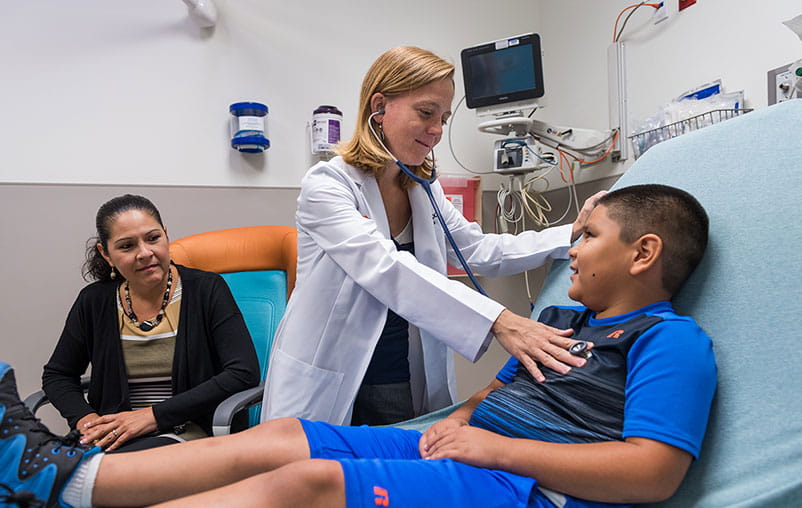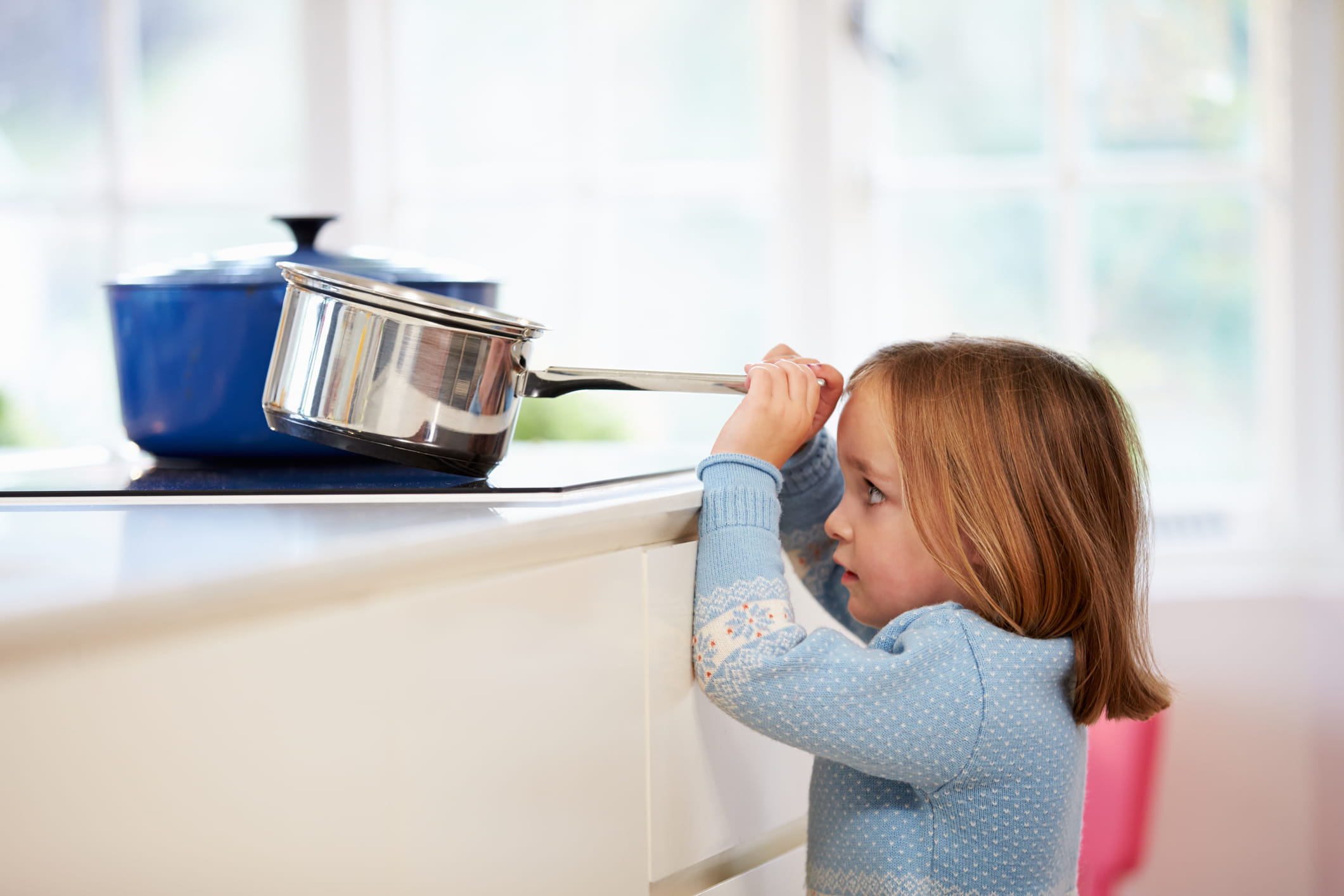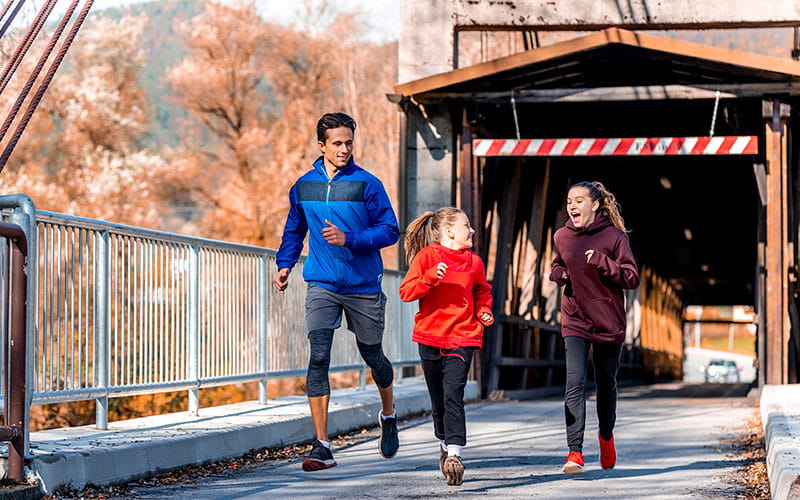Now that schools are closed until the end of the school year, kids are spending a lot of time at home. And while parents are doing their best to keep an eye on their children, it can be hard to juggle working from home and caring for kids at the same time. Here’s a few things parents should keep in mind to protect children who are home during the pandemic.
Prevent household poisonings
It may come as no surprise that poisoning is the third leading cause of unintentional injury and death among children ages 1 to 19. After all, most families have household cleaning supplies, car products, plants, pesticides and medications somewhere in their house. Kids can easily ingest or be exposed to these products if they’re not stored properly. Products that look like food or juice can be especially dangerous to young children.
“It’s important to be mindful of any dangerous look-alikes that may be in the home,” explains Jennifer Northway, director of the Injury Prevention Program at University Healthy System. “For example, some household cleaning products may look like apple juice. A child who may be looking for a snack could mistake that cleaning product as apple juice and drink it. That could be deadly.”
To prevent your kids from accidentally ingesting or being exposed to dangerous household products make sure to:
- Store household products out of your child’s sight and reach.
- Keep all household cleaning products, pesticides, medications, etc. in their original packages with original labels.
- Read product labels to make sure you're storing products correctly.
- Keep the Poison Help number (1-800-222-1222) handy.
“We want to make sure that folks are properly storing their cleaning supplies and that they also have the Poison Control number close by,” Northway adds. “We’ve already heard from the South Texas Poison Center that they have seen an increase in calls to their helpline asking for information about poisonings.”
How to prevent your child from getting burned
In addition to household poisonings, burns are another major cause of injury among school-age children. Frequently, burns occur in children who are trying to heat food in the microwave or on the stove. Children often try to pull a hot container out of the microwave or off the stove without testing the temperature of the food first which can lead to severe burns.
Because of this, it’s important for parents to handle the cooking - especially if you have young children. “In microwaves, food can be heated unevenly so make sure to stir and test the temperature of the food before passing it to small children,” Northway said.
Follow these safety tips to help protect your children:
- Teach older children how to cook safely.
- Train young children to stay at least 3 feet away from the cooking area.
- Keep hot objects out of reach.
Prevent household falls
After being home all day your kids may be bouncing off the walls trying to get rid of all that energy they’ve got stored up. When playing around the house, they can sometimes take a nasty fall.
Northway explains, “You may find that your kids are jumping on beds or even jumping from couches to tables, etc. We want to encourage folks to think about places in their houses where there are existing fall hazards, like those mentioned and stairs.”
In order to prevent your kids from taking a nasty spill make sure to:
- Install window guards in windows above the first floor.
- Properly strap babies and young kids into high chairs, infant car seats, strollers and swings.
- Use safety gates to block stairs.
- Secure TVs and furniture to the wall using mounts, brackets and braces.
You can prevent injuries
Every year, preventable injuries kill almost 1 million children around the world and those numbers may increase as schools continue to be cancelled or delayed. By taking the time to assess your house for dangerous products and other safety hazards, you can keep your child safe during this pandemic.
For more information, check out Safe Kids San Antonio, a Parent's Guide to Child Safety or contact the Injury Prevention Program at University Health.





